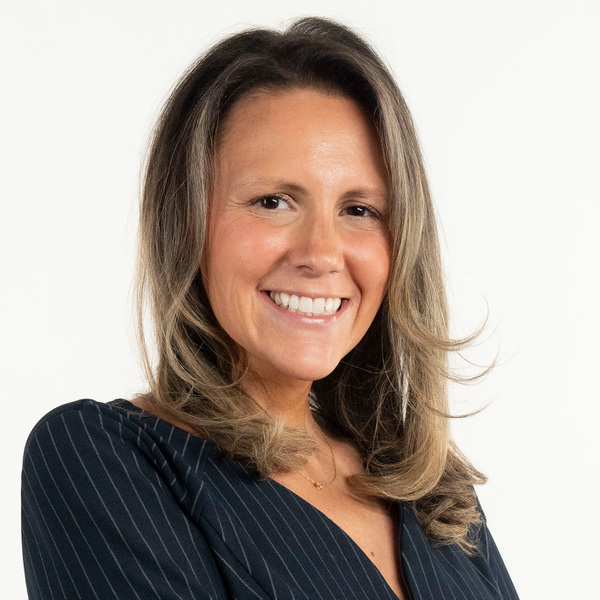Congratulations! You’re on your way to parenthood. Amid the excitement, there may also be some fear around ensuring your family is secure should unexpected circumstances arise. Whether you are currently expecting a child or are planning for pregnancy or adoption, there are some health insurance options to consider.
Here, we cover the essentials to help guide your planning so you can spend more time getting excited for your little one.
Health insurance
If you are pregnant or planning for pregnancy, start by reviewing your current health insurance. As you begin to pick your maternity care team, it’s important to know what your plan covers, including everything from prenatal care to postnatal care, to newborn checkups.
Important questions to ask are: Which services and providers are in your network? Does your plan cover prenatal and postnatal care? What is your out-of-pocket maximum?
Familiarizing yourself with the intricacies of your coverage and how it aligns with you and your baby’s care needs can provide greater security and help minimize unexpected medical expenses throughout your journey.
If you are still in the preparation stage of your family planning and considering fertility treatments, you should also consult your current health insurance provider to ascertain whether any fertility treatment benefits are included in your plan Fertility coverage varies widely, and more states are passing infertility insurance laws that require varying levels of support from insurance carriers.
Life insurance
With a new child (or dependent) on the way, it is best to prepare for any and all life events by setting up a life insurance plan for yourself and/or your spouse.
There are two types of life insurance:
- Term insurance, which lasts for a specific term (e.g., 10, 20, or 30 years) and is often more affordable for young families
- Permanent insurance, which offers lifelong coverage and may include a cash value component that allows you to accumulate wealth within your insurance plan.
Purchasing a policy early can help lock in lower premiums and ensure your child is protected in the event that something happens to you or your spouse.
Disability insurance
Disability insurance is especially important if you are expecting. It replaces a portion of your income if you’re unable to work during or after pregnancy due to medical reasons. If you are insured through an employer, it is likely that you have some form of disability insurance. If not, or if coverage is limited, consider adding supplemental disability insurance.
As you begin or plan for pregnancy, take time to understand your existing coverage and/or enroll in the additional coverage you might need. When reviewing coverage, focus on how complications in pregnant women or during childbirth are covered – statistically, one in four pregnancies have some complications that result in parents taking additional time off work. Understanding what’s covered under your employer’s parental leave and short-term disability policies, as well as any supplemental coverage, can help you plan for the unexpected.
Life changes like having a baby can bring excitement – and a lot of questions. Understanding your current insurance coverage and adding any additional coverage ahead of your new arrival can reduce some of the unknowns and provide greater security for your growing family.
Reach out to our Next Generation Experience team to learn more and help you navigate this new chapter in your life.
Contact Us
Brown Brothers Harriman & Co. (“BBH”) may be used to reference the company as a whole and/or its various subsidiaries generally. This material and any products or services may be issued or provided in multiple jurisdictions by duly authorized and regulated subsidiaries. This material is for general information and reference purposes only and does not constitute legal, tax or investment advice and is not intended as an offer to sell, or a solicitation to buy securities, services or investment products. Any reference to tax matters is not intended to be used, and may not be used, for purposes of avoiding penalties under the U.S. Internal Revenue Code, or other applicable tax regimes, or for promotion, marketing or recommendation to third parties. All information has been obtained from sources believed to be reliable, but accuracy is not guaranteed, and reliance should not be placed on the information presented. This material may not be reproduced, copied or transmitted, or any of the content disclosed to third parties, without the permission of BBH. All trademarks and service marks included are the property of BBH or their respective owners. © Brown Brothers Harriman & Co. 2025. All rights reserved. PB-08495-2025-04-22

